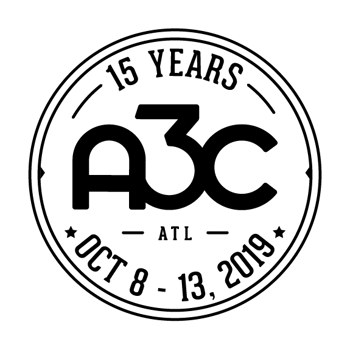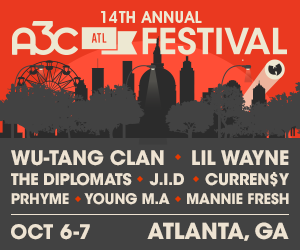Rap music has, and always will be, controversial. As a genre that has mirrored real life events of its storytellers for years, violence, drugs, sex and women have remained an integral part of maintaining their stories. But when do we draw the line at what we will and will not accept? In light of the recent controversies surrounding rappers Lil Wayne and Rick Ross, it brings up the question of who’s responsible for being the voice of hip-hop when the journalists are hardly speaking on the subject.
Since the inception of file-sharing programs, the title of hip-hop journalist has been re-appropriated into the role of a blogger, which at very best, includes a 500-word paragraph about a song, album or video. And while bloggers are the rotating wheel in rap music, consistently pushing new music, they’re not the active voice of the community – journalists are.
When it comes to controversial content, whether it’s evokes deep-rooted emotion and/or history or whether it’s just a slip of the tongue, the hip-hop community reacts. With Twitter blowing up, blogs hits heightening and scholars left scratching their heads, every reaction turns into the blame game.
Jamilah Lemieux, from Ebony.com, wrote an article on the recent Rick Ross controversy, stating: “And if it weren’t for a bunch of ghetto-fantasizing, pseudo-intellectual White boy rap bloggers who decided that Ross was the most important hip-hop act since Lil’ Wayne, I think he’d still be “hustling” loosies and porn mags to inmates.”
While I chuckle at that ridiculous statement, considering neither race nor class have anything to do with blogging or distributing online music, I can’t help but wonder who is to blame? If not the artist or the label, do we blame the fans? The bloggers? Those who are too scared they’ll lose their credibility with said artists, as well as fans, for speaking out on it and proceed to post the song anyway? Perhaps we should blame the journalists, who are so enthralled by fitting in and obtaining that invite to the next listening session, that they’d blatantly disregard saying anything at all.
“Beat that p*ssy up like Emmett Till…” – Karate Chop (Remix)
Lil Wayne is known to spit enough fire to burn down the entire forest, and he sure did with this single line. Unfortunately, many people are not aware of who Emmett Till is. They’re unaware that he was a 14-year old African-American boy tortured to death for whistling at a white woman. They’re unaware that his body was so severely beaten that his mother kept his casket open to show the malicious crime. They’re unaware that the men who murdered him went free with applause. But they are aware that “Karate Chop” is a club tune, that Lil Wayne is known to say ridiculous things and that it’s all over the blogs.
“Put molly all in her champagne, she ain’t even know it / I took her home and I enjoyed that, she ain’t even know it.” – Rick Ross, "U.O.E.N.O"
Likewise, when Rick Ross suggested drugging a woman and raping her, it was swiftly defended by fellow artists and fans, but not without raising uproar about rape culture and rap music. With the popularization of the use of Molly, more so today than it ever has been spoken about publicly in hip-hop culture, the idea of proudly stating that you drugged a woman and raped her is beyond me. But the community also understands Rick Ross as a man who’s career is based on fallacies, and whether this was a lie or not, how much does it still matter?
“Its Sad Cuz Dat nigga Jojo Wanted To Be Jus Like Us #LMAO” – Chief Keef on Twitter (9/5/2012)
And while both of these incidents have been wallowed over and discussed in the past month, XXL went on to make Chief Keef a part of their Freshman Class 2013 cover, a titled adorned with 'credibility' and 'success.' But let’s not forget that Keef’s rise to fame came at the heels of a house arrest, a catchy track called “Bang” glorifying gun violence, and of course, the above mentioned Tweet that shed humor on the murder of 16-year old rapper, Lil JoJo.
---
To deny the fact that these are, unfortunately, every day events is ignorant. To suggest that nobody can talk about them is redundant. But what’s most alarming is that our journalists are too scared to talk about it, leaving outsiders to (once again) infiltrate on our culture, place blame on our music and suggest that rap is the catalyst for future rapes and murders.
It’s not the first time someone has rapped about Emmett Till, not the first time someone has alluded to the act of raping a woman, and certainly not the first time gun violence has been glorified. However, it is seemingly the first time the major voices of the hip-hop community has actively brushed off these acts and damn well justified them. While we can place blame on the artists, managers, labels, bloggers and fans, it’s the job of the journalist to make sense as to how these events not only play into rap music, but its effect on the hip-hop culture in its entirety. It’s time to wake up, drop the industry politics, and speak up.
---
**Originally posted on Bad-Perm.com



